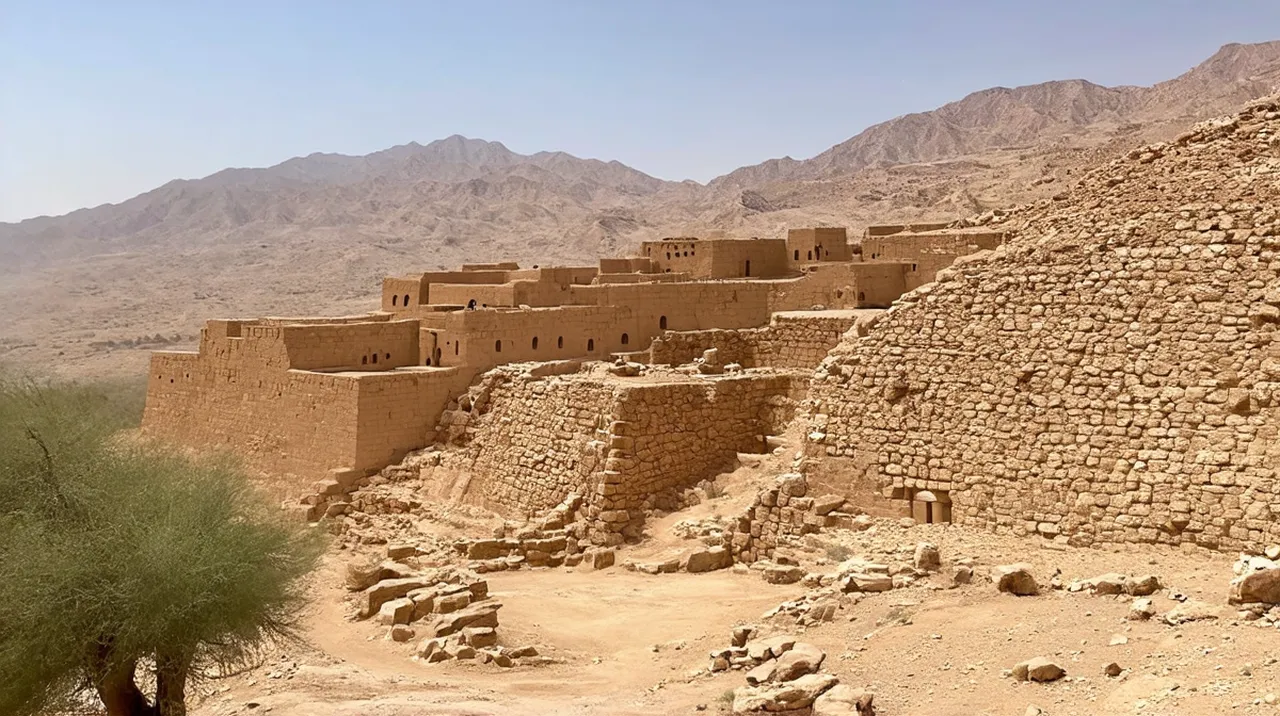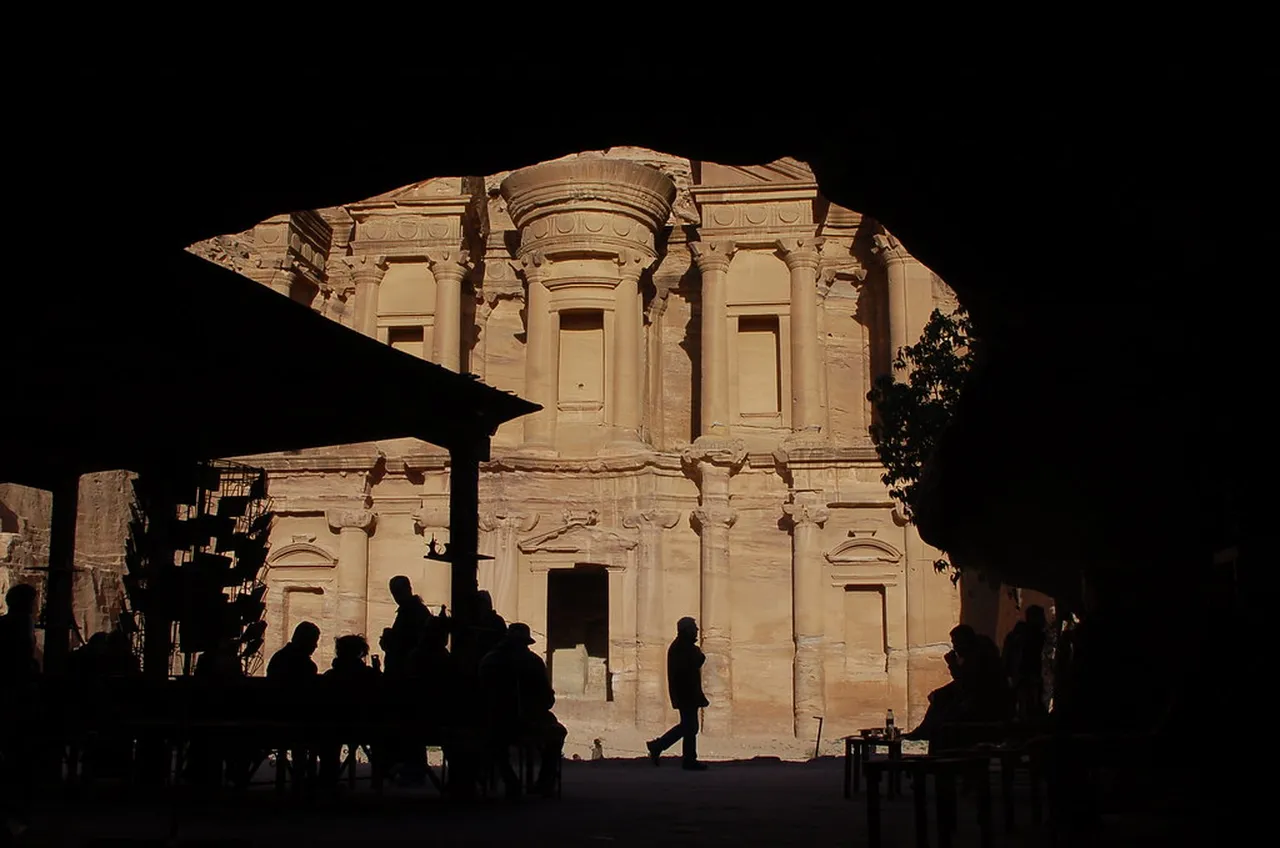
Wadi Musa Culture: Discovering Jordan’s Rich Heritage
Table of Contents
Wadi Musa Culture
Wadi Musa, the gateway to the ancient city of Petra, is not just a starting point for exploring the ruins of one of the New Seven Wonders of the World; it’s a vibrant hub of Jordanian culture. The Wadi Musa culture is a blend of ancient traditions, local customs, and a spirit of hospitality that reflects the values of its people. In this article, we will delve deep into the Wadi Musa culture, showcasing unique experiences, traditional events, and culinary delights that make this region a captivating destination on your journey through Jordan. Whether you’re intrigued by local art, passionate about history, or eager to sample authentic cuisine, Wadi Musa offers an array of cultural experiences that will enrich your visit.
Want to find the best travel deals for this destination? adventure planner solution with our adventure planning specialist!
1. Understanding Wadi Musa Culture: A Historical Overview

Wadi Musa, the gateway to Petra, is rich in history and culture. Over the centuries, this area has been influenced by various civilizations, including the Nabateans, Romans, and Ottomans. As a result, the Wadi Musa culture is a fascinating tapestry of historical narratives and traditions that have evolved through time.
The Nabateans, renowned for their architectural marvels, left a significant mark. Their innovations in water conservation and trade flourished, showcasing their advanced understanding of sustainability. Consequently, visitors can witness the remnants of this heritage throughout Wadi Musa.
Today, Wadi Musa continues to honor its past, with locals actively preserving traditions while embracing modernity. Thus, understanding the historical context of the Wadi Musa culture enhances one’s appreciation of this breathtaking region.
2. Traditional Clothing and Attire: Symbols of Wadi Musa Culture

The traditional clothing of Wadi Musa is not only a reflection of the region’s cultural identity but also a symbol of its rich heritage. The attire often features vibrant colors and intricate designs, representing local craftsmanship and community values. For example, men typically wear dishes (traditional headgear), while women adorn themselves with beautiful embroidered dresses known as thobes.
Moreover, these garments are more than mere clothing; they tell stories of the past. As a result, clothing styles may vary based on occasion, with festive garb showcasing elaborate embroidery, while everyday wear remains practical and comfortable. Thus, understanding these clothing traditions can deepen your appreciation for the Wadi Musa culture.
3. Culinary Delights: The Flavors of Wadi Musa Cuisine
The cuisine of Wadi Musa is a delicious reflection of its cultural diversity. Local dishes are influenced by Bedouin traditions, utilizing fresh, local ingredients to create rich flavors. Signature meals include mansaf, a traditional lamb dish served with yogurt and rice, which is often prepared for festive occasions.
Moreover, visitors can indulge in various street foods, such as falafel and sambousek, which highlight the region’s culinary creativity. The use of spices, particularly cumin and coriander, adds depth to each dish. Certainly, the flavors of Wadi Musa cuisine invite travelers to explore the essence of its culture through taste.
4. Celebrating Local Festivals: A Glimpse into Wadi Musa’s Traditions
Wadi Musa, rich in heritage, celebrates a variety of local festivals that showcase its vibrant culture. Each festival offers a unique opportunity to witness traditional dances, music, and culinary delights, which enhance the cultural immersion for visitors. Of particular note is the annual Petra by Night festival, where the iconic archaeological site is illuminated by candles, creating an ethereal atmosphere.
Moreover, the Al-Badwa Festival brings together the community to celebrate local crafts and performances. It not only honors historical traditions but also strengthens community bonds. As you immerse yourself in these festivities, you will find that the warmth and hospitality of the locals will make your experience even more enriching.
5. The Bedouin Influence on Wadi Musa Culture and Lifestyle
The Bedouin heritage significantly shapes the lifestyle and Wadi Musa culture. Their nomadic roots influence daily life, from traditional customs to social structures. Bedouins are known for their kin-based social organization. This strong sense of family and community is reflected in gatherings and shared celebrations.
Transitioning from past to present, Bedouin culture is evident in local cuisine, craftwork, and hospitality. Traditional Bedouin tents serve as gathering spaces, fostering connections among friends and family. Moreover, their unique storytelling traditions provide insight into a rich oral history that captivates visitors.
6. Art and Craftsmanship: The Traditional Handicrafts of Wadi Musa
Tip: Discover the best Wadi Musa experiences with Viator Tours!
The art and craftsmanship of Wadi Musa reflect a deep appreciation for tradition intertwined with modern influences. Local artisans proudly display their skills in pottery, weaving, and jewelry making, highlighting the unique Wadi Musa culture. Each handcrafted piece carries stories of heritage and artistry.
| Handicraft | Description |
|---|---|
| Pottery | Handmade pots and dishes embellished with traditional designs. |
| Weaving | Textiles using vibrant patterns, often made from sheep’s wool. |
| Jewelry | Silver and gemstone pieces crafted using methods passed down for generations. |
Visiting local workshops provides an opportunity to learn and appreciate these crafts. You can immerse yourself in the hands-on experience of creating traditional items. This not only supports local artisans but also deepens your understanding of Wadi Musa’s artistic heritage.
7. Music and Dance: The Rhythms of Wadi Musa Culture
The Wadi Musa Culture is deeply intertwined with music and dance, serving as a vital expression of the community’s identity and emotional expression. Traditional music in Wadi Musa often features instruments such as the oud and darabukkah, which create melodies that resonate with the region’s rich history.
Dance also plays a central role, often performed during celebrations and important Events. One notable dance is the Dabke, a folk dance that symbolizes unity and joy among the people. Notably, participants hold hands and form a line, bringing both energy and excitement to any festivity.
Furthermore, music and dance serve not only as entertainment but as a way for the community to pass down stories and traditions. Hence, when visiting Wadi Musa, immersing yourself in the local music scene is a fantastic way to grasp the essence of the culture.
8. Religious Practices: Understanding Spirituality in Wadi Musa
Religious practices are fundamental to the Wadi Musa Culture, with the majority of the population identifying as Muslim. The daily routines of the locals are often filled with spiritual significance, guided by religious teachings.
Important religious observances, such as Ramadan and Eid al-Fitr, are celebrated with immense devotion. During Ramadan, the community comes together for iftar, breaking their fast with family and friends. This time fosters unity and a sense of belonging.
Moreover, visiting mosques in Wadi Musa offers insights into the architectural beauty and spiritual atmosphere of the region. The balance between spirituality and everyday life shapes not only the identity of the locals but also welcomes visitors to appreciate the deep-rooted traditions.
9. Local Legends and Folklore: Stories that Shape Wadi Musa Culture
Stories and legends play a crucial role in shaping the Wadi Musa Culture. These tales often celebrate heroic deeds, love, and the challenges faced by the community. One such legend involves the tale of the Seven Sleepers, which speaks to themes of faith and perseverance.
“Folklore encapsulates the spirit of a community, preserving its history and values through generations.”
Additionally, local storytelling sessions are common, where elders share these captivating tales with the younger generations. This practice not only entertains but also instills a sense of heritage and belonging within the community.
As such, engaging in local folklore during your visit will allow you to connect more deeply with the culture of Wadi Musa, offering an enriching experience that goes beyond the surface.
10. The Role of Hospitality: How Wadi Musa Welcomes Visitors
Hospitality is a cornerstone of Wadi Musa culture, deeply ingrained in its traditions and practices. When visiting, you will likely be welcomed with open arms, as local families take pride in sharing their warmth and generosity with guests. For instance, it is common for visitors to be offered a cup of traditional mint tea, symbolizing friendship and goodwill.
Moreover, locals often arrange for personalized experiences, showcasing the region’s rich heritage. This may include guided tours of the ancient city of Petra or home-cooked meals featuring authentic Jordanian flavors. As the saying goes, “A guest is a gift from God.” This reflects the deep respect for visitors and the desire to make them feel at home.
11. Eco-Tourism and Sustainable Practices in Wadi Musa
Insider Tip: Get the most out of your Wadi Musa visit with guided tours!
Recommendation: Don't miss out on amazing Wadi Musa tours - book now!
Another fascinating aspect of Wadi Musa culture is its emphasis on eco-tourism and sustainable practices. In recent years, many local initiatives have emerged, focusing on preserving the natural beauty and cultural heritage of the area. For example, sustainable tourism practices encourage visitors to minimize their environmental footprint, such as using eco-friendly accommodations and participating in community-based projects.
Additionally, local artisans create handicrafts using natural materials, which not only supports the economy but also reduces waste. This harmonious relationship between tourism and nature showcases a commitment to preserving the stunning landscapes and cultural sites that define Wadi Musa.
12. Participating in Local Workshops: Immersing in Wadi Musa Culture
Participating in local workshops is a unique opportunity to truly immerse yourself in Wadi Musa culture. Various hands-on experiences, such as pottery-making or traditional weaving, allow visitors to learn directly from skilled artisans. Consequently, not only do you gain insight into the crafting processes, but you also develop an appreciation for the cultural significance behind each piece.
Furthermore, workshops foster connections between visitors and locals, creating lasting memories and friendships. You may even leave with a handcrafted souvenir that tells a story—a tangible reminder of your journey into Wadi Musa’s vibrant culture.
Wadi Musa culture is a tapestry of history, tradition, and warmth that invites you to explore its rich heritage. From the delectable flavors of local cuisine to the vibrant traditions celebrated throughout the year, Wadi Musa offers a richly immersive cultural experience. As you plan your visit, which aspects of Wadi Musa culture are you most excited to discover? Leave a comment below and engage with us as we celebrate the beautiful diversity and heritage of this incredible region.